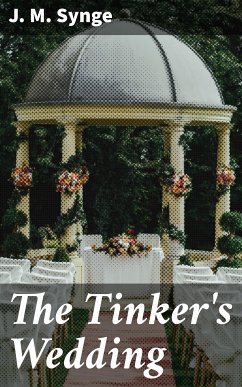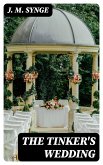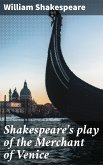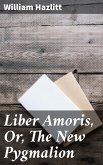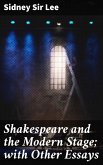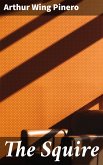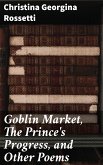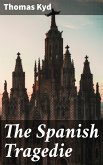In 'The Tinker's Wedding,' J. M. Synge explores the complexities of love, social class, and human aspiration through the turbulent relationship between a tinker, a member of a marginalized itinerant group, and a strong-willed woman, Mary. The play is characterized by its lyrical language, folk-inspired dialogue, and a keen sense of the Irish landscape, reflecting Synge's immersive engagement with the vernacular speech and cultural contexts of rural Ireland. It navigates themes of identity and societal constraints, offering a poignant critique of the rigid class structures prevalent during the early 20th century and demonstrating the dramatic tension inherent in personal resilience against adversity. J. M. Synge, a pivotal figure in the Irish Literary Renaissance, drew upon his experiences while traveling through the Aran Islands and observing the lives of the Irish peasantry. His fascination with the cultural and social dynamics of Ireland profoundly shaped his work. 'The Tinker's Wedding' is a testament to his understanding of the complexities of rural life and the nuances of human relationships, echoing the socio-political sentiments of his time. This play is highly recommended for readers interested in the intersection of literature and social critique, as it provides a rich tapestry of themes and emotions. Synge's craftsmanship will not only engage your mind but also evoke a deeper understanding of the human condition, making it a vital study for both enthusiasts of Irish drama and broader literary audiences.
Dieser Download kann aus rechtlichen Gründen nur mit Rechnungsadresse in A, B, BG, CY, CZ, D, DK, EW, E, FIN, F, GR, H, IRL, I, LT, L, LR, M, NL, PL, P, R, S, SLO, SK ausgeliefert werden.

